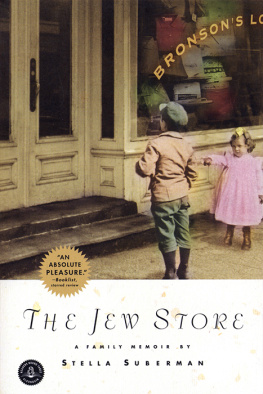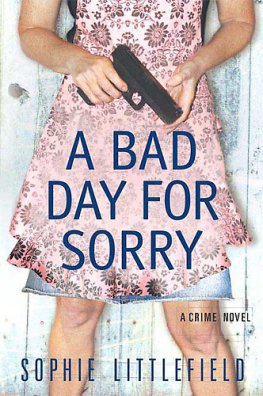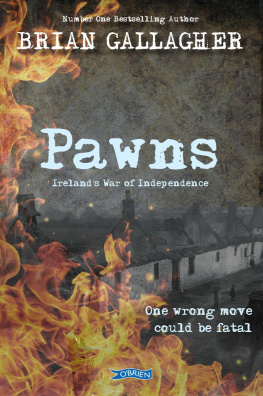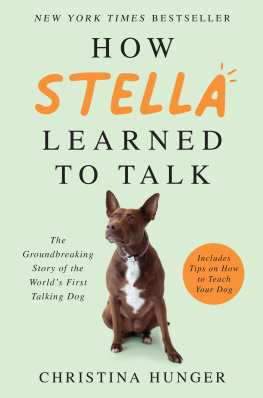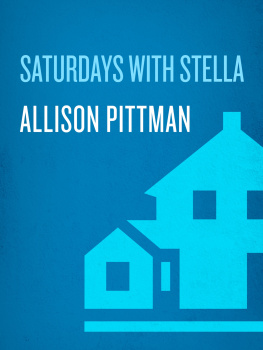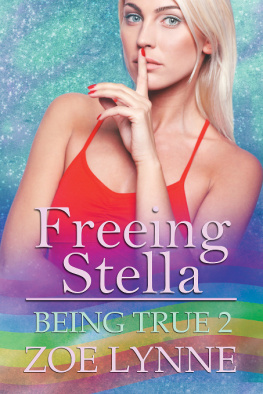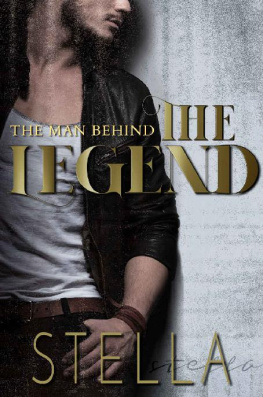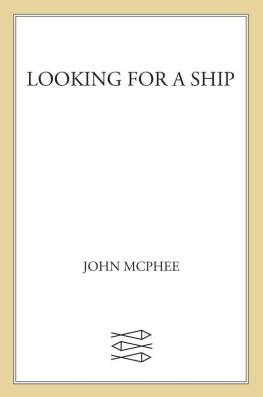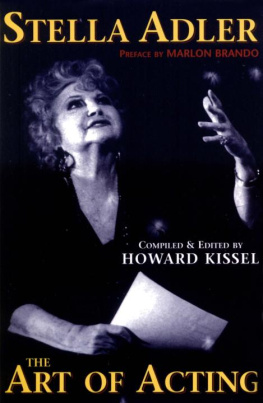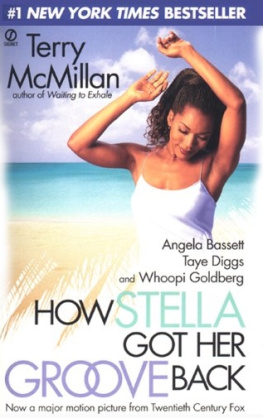Also by Stella Suberman
The Jew Store
When It Was Our War
A Soldiers Wife on the Home Front
STELLA SUBERMAN
A SHANNON RAVENEL BOOK
Algonquin Books of Chapel Hill 2003
CONTENTS

A SHANNON RAVENEL BOOK
Published by
ALGONQUIN BOOKS OF CHAPEL HILL
Post Office Box 2225
Chapel Hill, North Carolina 27515-2225
a division of
WORKMAN PUBLISHING
225 Varick Street
New York, New York 10014
2003 by Stella Suberman. All rights reserved.
Published simultaneously in Canada
by Thomas Allen & Son Limited.
Design by Anne Winslow.
Love of my Life, words by Artie Shaw and music by Johnny Mercer, copyright 1940 (renewed) by Music Sales Corporation (ASCAP) and Morley Music Company. International copyright secured. All rights reserved. Reprinted by permission.
Take Me Back to New York Town, words and music by Andrew B. Sterling and Harry Von Tilzer, copyright 1907 (renewed 1935) by Universal-PolyGram International Publishing, Inc., on behalf of Harry Von Tilzer Music Publishing Co. All rights reserved. Used by permission.
Library of Congress Cataloging-in-Publication Data is available for a previous edition of this work.
eISBN 9781565129092
To the three of us
Thanks are owed to manyand they know who they are because I have told them oftenbut thanks are especially owed to my clear-eyed husband and to my editor, Shannon Ravenel, who has been her usual selfthat is to say, incomparable.
My salad days, when I was green in judgment...
Antony and Cleopatra
Experience takes dreadfully high wages,
but he teaches like no other.
Thomas Carlyle
PROLOGUE
Some readers of my book, The Jew Store: A Family Memoir, which was published a few years ago, have asked me if I planned to write a sequel. Since The Jew Store began with my family living in the South in the 1920s and ended with our leaving there in 1933, I took it that these readers wanted to find out what happened to us after we left.
I had written in The Jew Store of my family when we were the only Jews in a small Bible-belt Tennessee town where my father was the proprietor of a Jew store, a low-end dry goods store of the kind that dotted the Southern landscape from the turn of the nineteenth century through the 1930s. The Jew Store was basically a tale of eastern European Jewish immigrants struggling to come to terms with equally unworldy Wasp country folk, and as such it gave a personal face to what seemed to me a little-known chapter in the American immigrant experience. It was one I thought needed to be told, and after I told it, I had no plans to write a sequel. I felt that nothing in my familys subsequent story was as rich, as worthy of recounting, as the one I had written in The Jew Store.
Still, a kind of a sequel was to be written after all, and I began writing it after the September 11, 2001, terrorist attacks. The attacks had taken us by such surprise that we could only say that we had been innocents living in a fools paradise. We were as ill prepared psychically and practically as we had been on December 7, 1941, when the Japanese attached Pearl Harbor.
It was then that it came to me that I had another story to tell, for I had lived through those World War II years and felt I had a particular vantage pointthat of the wife of a man in the military. And since that story begins almost exactly where The Jew Store leaves off, it has many of the elements of a sequel even if in When It Was Our War my family recedes somewhat as I take a more prominent place.
The attack on Pearl Harbor thrust us into thinking about ourselves in a new way. Our own soil, whose invasion by a foreign power had been limited to the minor British burning of Washington in the War of 1812, had been deeply violated. And so now we had to go to war, had to put ourselves on a wartime footing, and had to do to others what had been done to us. We had to change and change fast. And what came out in us in those World War II years was sometimes the worstand in When It Was Our War I write of the pervasive bigotry, injustices, and greedbut what came out in us in the middle of our national crisis was often the best. I found myself writing of a thought I often had during those daysthat if it werent for the war, the war would suit me down to the ground.
As the war on terrorists morphed into a real war with Iraq, I began to wonder about the worst and the best. Did we learn anything from our war?
I begin When It Was Our War not at the beginning of the war but in the decade leading up to it. I wanted a picture to emerge of who I was at that time and of the place in which I was living, which happened to be Miami Beach, an American playground, a city exceedingly unsuitable for teaching a young person about life. So as I wrote the book, as it evolved, I came to understand that I was writing about a very naive girlSouthern with all the usual biases in her, and Jewish with all the usual biases against herwho was caught up in a whirlwind and, while she was finding her way in it, did a lot of growing up.
I was nineteen years old when America entered the war, and I was twenty-three when it was over. During those years I traveled with my Army Air Corps husband from air base to air base, both during his cadet training and after he became an officer. It was only when he went overseas that I went home, to stay there for the duration, as we said then, while he flew his combat missions. It was a life I shared with many other American wives of the war years, and even if they came out of altogether different backgrounds from mine and had led altogether different lives, in some ways this is their story, too.
CHAPTER 1
In 1939 we were living in Miami Beach, and on the first weekend in September of that year I was up the road in West Palm Beach at a party my mother had made me go to. It was definitely not anything I wanted to do, especially as I would be the designated date of somebody I didnt give a hoot about. Still, it was not unusual for me and my Miami Beach friends to attend parties in another Florida town. Jewish mothers all over the state were forever looking to our area to fill out their guest lists. All the South Florida citiesHollywood, Fort Lauderdale, West Palm Beachhad a fair number of Jewish families, but everybody knew that Miami and Miami Beach had the mother lode.
So I was in West Palm Beach as the houseguest of an acquaintance, and even though on the Sunday morning of that weekend in September I had had every intention of sleeping late after the Saturday night party, I found myself awakened by her father, who rushed into our bedroom and shook the morning newspaper at us. It was clear that the paper was carrying news of great import to him, and when I was finally able to see the headline, what it said was that Germany had invaded Poland. Did I jump up and join my hostesss father in agitation? No, I did not. I just said to myself, Oh well, its only another something about that war in Europe. And I suspect that the same thought ran through his daughters head.
Actually, I had already had a personal encounter with that war in Europe, having in the early summer of 1939 observed a ship engaged in decidedly odd maneuverings off Miami Beach. I did not know that in time this ship would become a cause clbre; all I knew was that the ship was big, and eerie in its way, some days extraordinarily close to shore, some days nowhere to be seen. Then one day I watched it moving out, not knowing that I would never see it again.
Our local paper, the Miami Herald,
Next page

